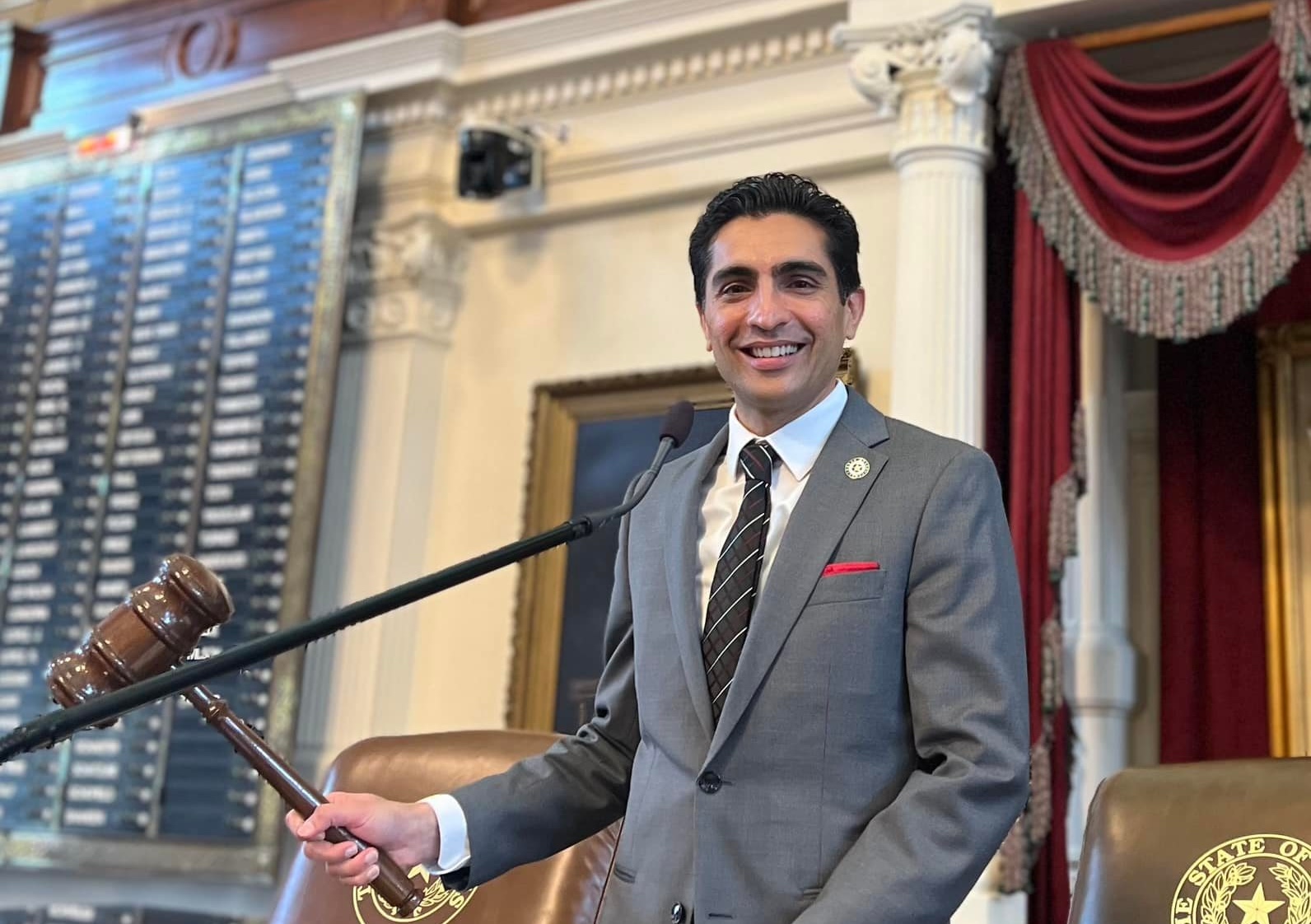When public corruption by government officials is alleged, everyone typically rushes to partisan corners in defense of their allies and to chastise opponents. No one will admit someone from their political team might have fallen prey to the seduction of power, and we assume our opponents live exclusively on the wrong side of the ethical divide.
We should all take a deep breath. As citizens in this republic, we must expect better of our public servants. More importantly, we must demand better of ourselves.
Take, for example, a store owner whose employees are cheating customers and making side deals with vendors. If the store owner allows the activity to continue, their error becomes his. He certainly won’t get any sympathy when those employees start stealing from the cash register. The collapse of the business is his fault, for the simple fact that he tolerated the culture that led to its demise.
The same is true in our republic.
No response to an allegation (or confirmation) of public corruption is more disgusting, however, than when people just shrug and try to excuse it as “how things are.” That is a sorry indictment of us, because it presumes someone else is in charge.
As a self-governing people, we are, in fact, the ones in charge. We are responsible for setting the moral environment in which our public servants work. While the store owner I mentioned could just close his business, our practical duties and moral responsibilities as citizens are not so easily dissolved.
In the third chapter of Romans, we’re reminded of a simple human truth: “all have sinned and fall short of the glory of God.” All of us are sinners, and so we sin. Every one of us, when given enough power, will abuse it for our own ends.
As Lord Acton put it, “Power corrupts, and absolute power corrupts absolutely.”
This lesson pervades the pages of the Bible and history. The first king of Israel, Saul; his successor, David; and even the wisest king, Solomon, were testaments to this truth.
It is also why our Founding Fathers sought to replicate the biblical system of self-governance—which the people of Israel rejected, giving rise to the corruption of their kings. Our Founding Fathers envisioned a highly decentralized government, built around checks on power, to preserve liberty and limit corruption. Yet like the ancient Israelites, we’ve tolerated the unbalancing of those checks, even cheering as government power has been concentrated and grown beyond our constitutional framework. Then we feign surprise when this power is abused, and officials are found to have engaged in self-dealing activities.
The highest title in our republic is not ‘president,’ ‘governor,’ or ‘mayor,’ but ‘citizen.’ The greatest power should rest not in judges’ chambers, legislative offices, or executive mansions, but be held by the citizenry. Officeholders are not our leaders; they are our servants.
Shame on us for offloading our responsibilities as citizen-leaders to the hired help. Shame on us for feeding the culture of corruption by making the servants more than they are, and enticing them with power to abuse in service to themselves. Shame on us for turning elected officials into idols.
We must not tolerate public corruption because “our man wouldn’t do this” or “at least it’s not the other party in charge” or even because “this is how things are.”
Whether it’s a top official or a low-level bureaucrat, all are servants to the citizens. It is not to themselves, their peers, or their pals that public servants owe their loyalty. No, their fealty must be to the constitution and the citizens, first and only.
And more importantly, we must demand it.





